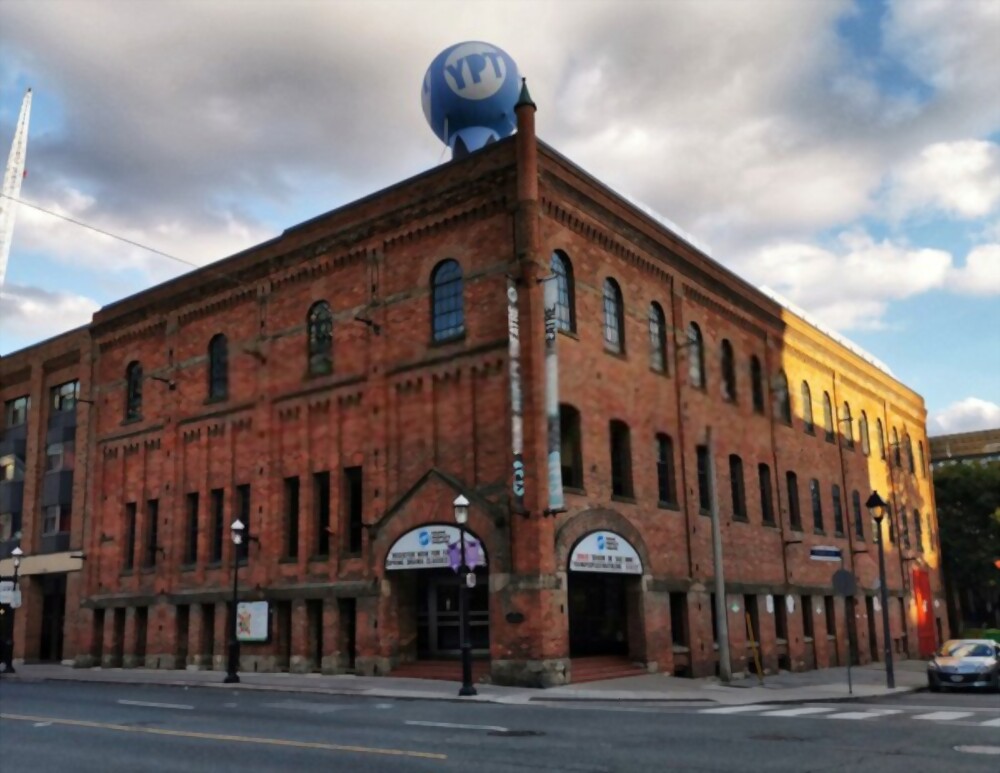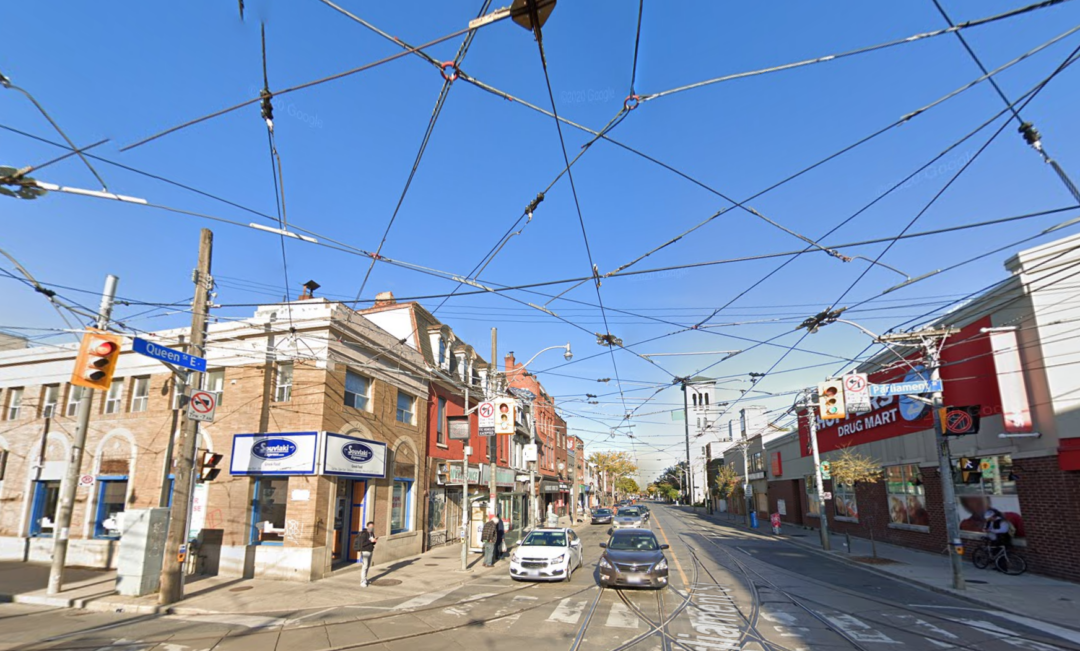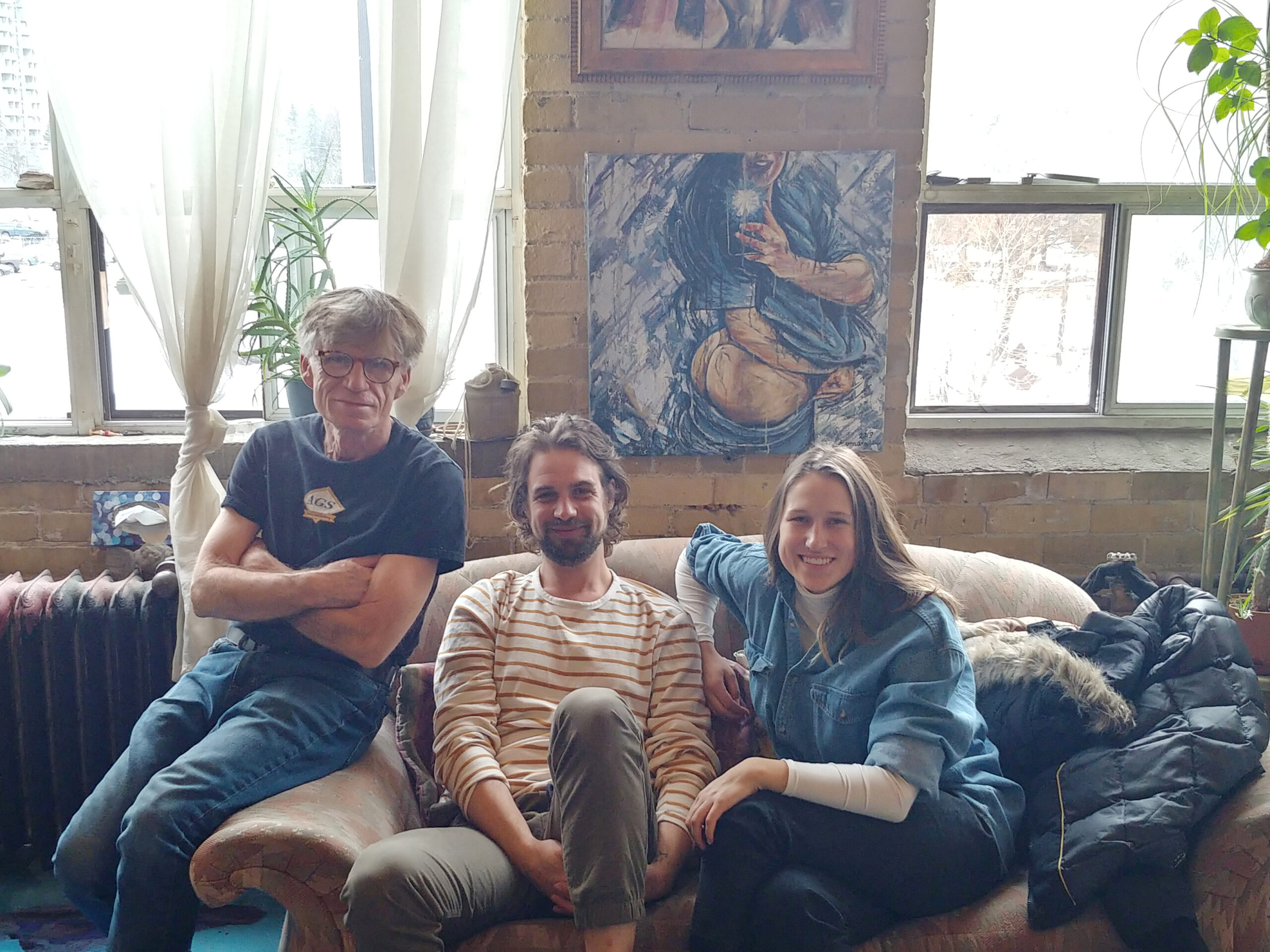By Sophia de Guzman
Among the industries hit hardest by the Covid-19 lockdowns are the arts, particularly theatres and live venues. Restrictions beginning last spring on the number of people allowed in gatherings caused all theatres and live venues to effectively cancel their seasons.
“We were among the very first to close on provincial health recommendations, and it looks like we will be the very last to reopen,” said Brad Lepp, director of communications and marketing for SoulPepper, an independent theatre based in the Distillery District.
Live venues and theatres initially sought to switch to outdoor concerts and online programming. During the summer, Ontario saw a dip in cases, to which the province responded by moving to Stage 3 reopening, allowing outdoor concerts.
But all businesses during these times must also deal with uncertainty. Covid-19 is rapidly evolving and restrictions from the provincial government can change quickly. Following provincial health guidelines at events like outdoor concerts takes a lot of planning and money, and risks losses should cases spike too high and new restrictions be enacted.
Theatres like SoulPepper have planned partnerships with venues like museums and art galleries to put on smaller-scale events that accommodate current provincial health guidelines.
Another way that live venues and theatres are staying alive is through virtual programs and shows, ranging from drama classes to opportunities for local playwrights to share and perform their work. The Young People’s Theatre began a drama program called Inside with Imagination for children and their families stuck inside during lockdown.
Pivoting to online activities also had challenges, starting with infrastructure and technology that many arts organizations simply didn’t have.
“I think that’s been a tougher transition for arts organizations because we don’t usually have all the up-to-date digital equipment that we would require […] to ensure that everybody can keep up. For most organizations, it’s hard to keep up to date with Windows,” said Nancy Webster, executive director at the Young People’s Theatre.
Several live venues and theatres qualified for aid from the government and other organizations to keep their doors open. Federal and provincial programs like the Canada Emergency Wage Subsidy and rent assistance were available to many theatres and venues. Several organizations also received art-specific aid from the Canada Council for the Arts’ emergency fund and operational grants, the Toronto Arts Council and the Ontario Arts Council.
“We’re looking for long-term support and a bit more sector-nuanced aid,” said Lepp.
Still in the second wave – with seemingly no end in sight – arts organizations are looking to governments to get ready for the new normal.




